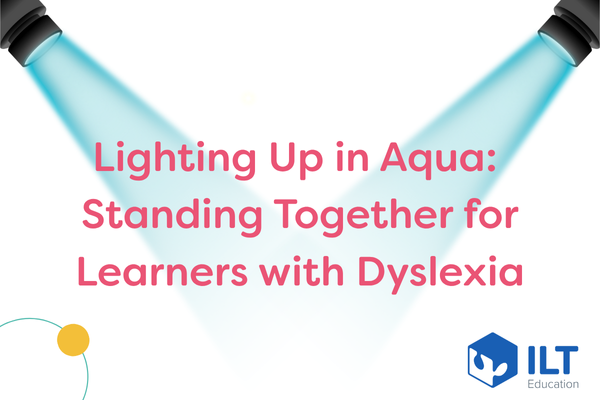- Blog
27/08/2025
5 Ways to Support Children Through the First Weeks of Nursery or Pre-school

A gentle, inclusive approach to settling in and building strong foundations
Starting nursery or pre-school is a big milestone for young children and their families. The first few weeks are a time of big emotions - excitement, curiosity, but also nerves or uncertainty, as children adjust to new routines, environments, and people.
For many children, this may be their first experience away from home or close family members. It’s important to approach these early weeks with patience, warmth and understanding, giving children the time and space they need to feel safe and confident.
Here are five ways to support young children through this crucial settling-in period:
1. Keep routines calm and predictable
A consistent daily rhythm helps children feel safe and in control. Use visual timetables, familiar songs, and gentle signals to mark transitions throughout the day. Even small things like greeting each child by name or following the same steps for storytime can offer comfort and structure.
2. Prioritise relationships over readiness
This is the time to focus on connection, not curriculum. Children settle best when they feel seen, understood and valued. Spend time with them one-on-one, follow their lead in play, and tune in to non-verbal cues. Trust and emotional safety are the real foundation for future learning.
3. Make space for home languages
Language is a key part of identity. For children who speak another language at home, hearing and seeing that language in your setting can make a huge difference. Multilingual resources like Polylino allow children to listen to stories in both English and their home language, building confidence and a sense of belonging.
Encourage families to share songs, books or key words from home, and consider adding labels or greetings in different languages around the classroom.
4. Give children time, and trust
Every child is different. Some may settle quickly; others may need more time, reassurance or a slightly longer transition period. Be flexible, listen closely, and work closely with parents to create a supportive plan. Above all, show children that they are safe, and that they don’t need to rush.
5. Use stories to build connection
Stories and play provide safe and familiar ways for young children to explore feelings about separation and new experiences. Choosing stories about starting nursery, friendship, or emotions, especially those with colourful pictures and simple language, can help children understand and express their feelings. Role play, puppets, and sensory activities also offer valuable opportunities for children to process change in a gentle, supportive way.
To support this further, Polylino’s new Themes feature provides structured guides that help practitioners explore important topics like feelings and friendship in depth. Each guide includes carefully selected discussion questions, key vocabulary, and a variety of engaging activities that encourage children to recognise, express, and understand emotions. Complemented by thoughtfully chosen children’s books with vivid illustrations and accessible language, these guides enrich storytime and play, creating meaningful learning experiences that support both emotional development and language growth.
Supporting young children through transitions and emotional challenges is a vital part of early education. By combining thoughtful storytelling, engaging activities, and the rich resources within Polylino’s Themes guides, practitioners can create nurturing environments where children feel understood and empowered to express themselves. These tools not only aid language development but also foster emotional resilience, helping children build strong foundations for future learning and wellbeing. Embracing these approaches ensures that every child’s unique journey is supported with care and confidence.
💡 Looking for more inspiration?
You might also like our earlier blog on supporting transitions - packed with practical ideas for building strong home-setting relationships and helping children through all types of change.



